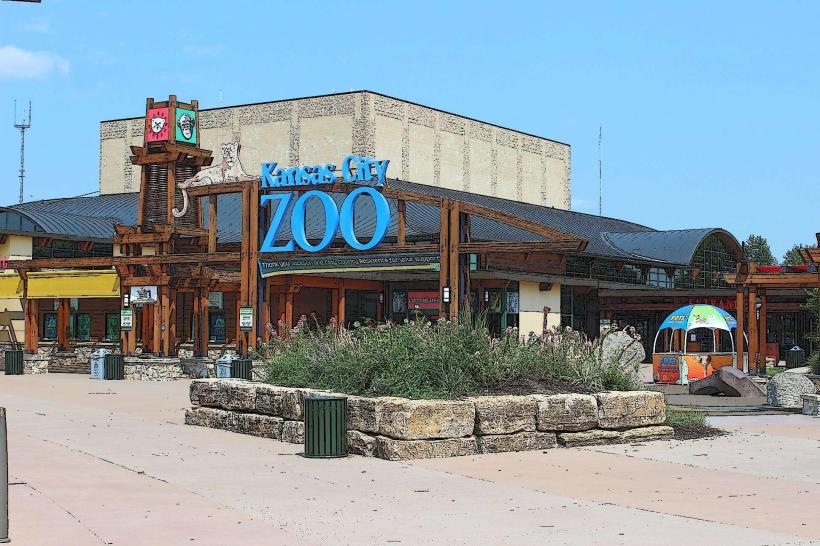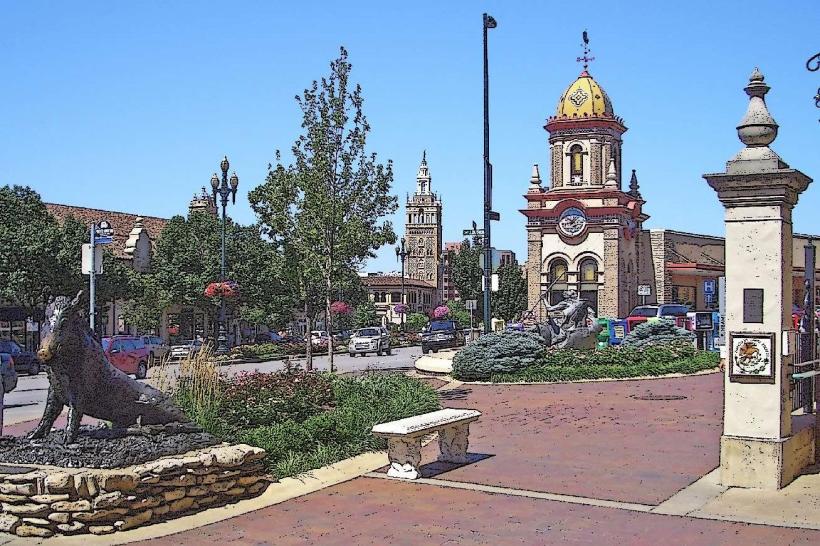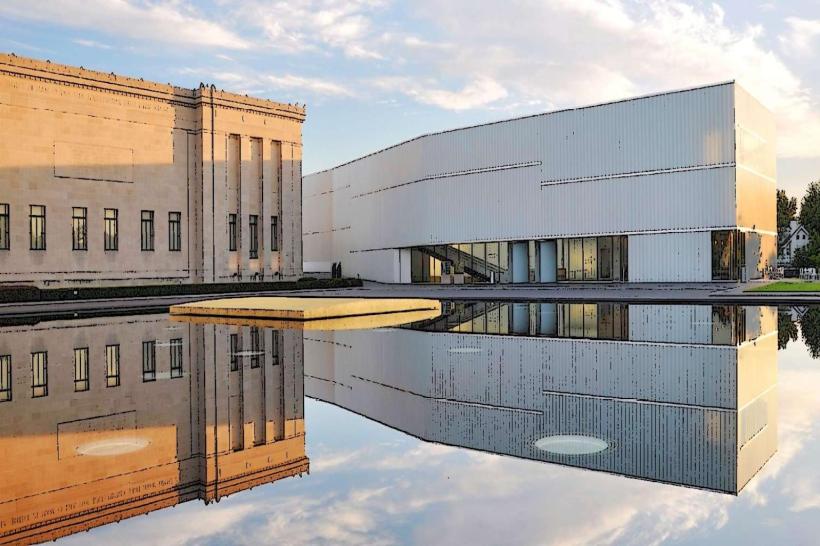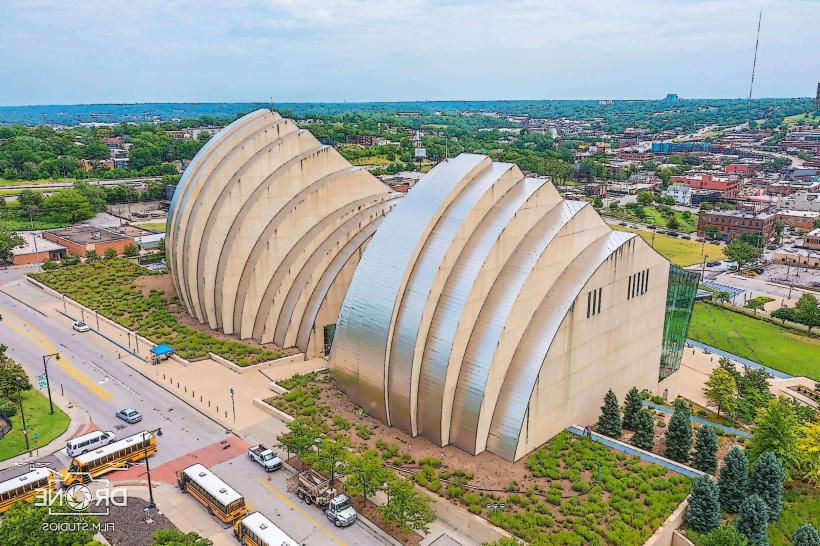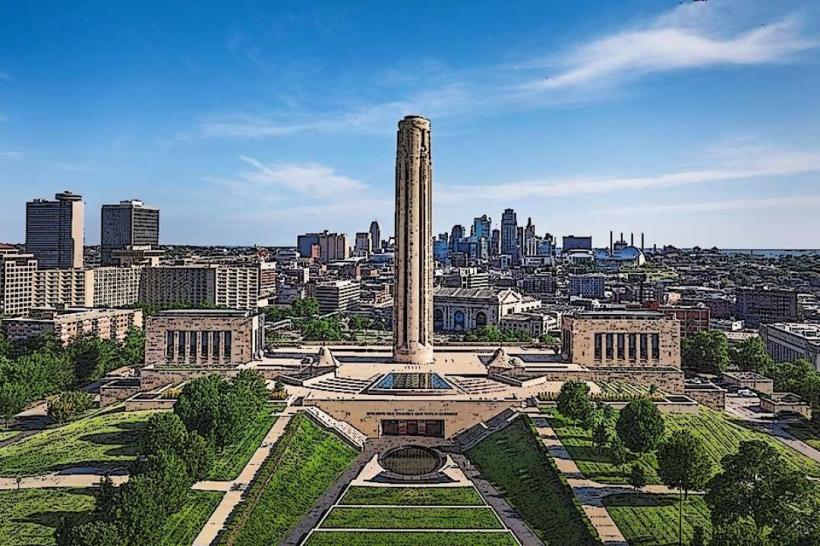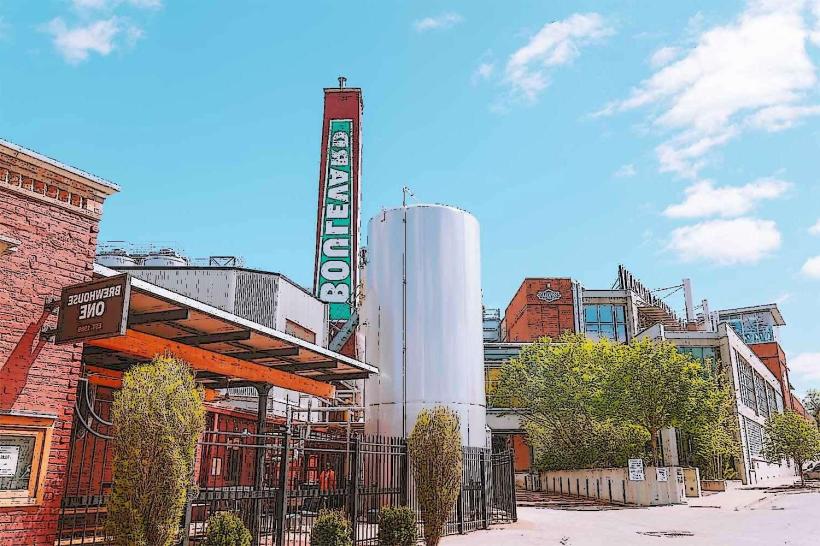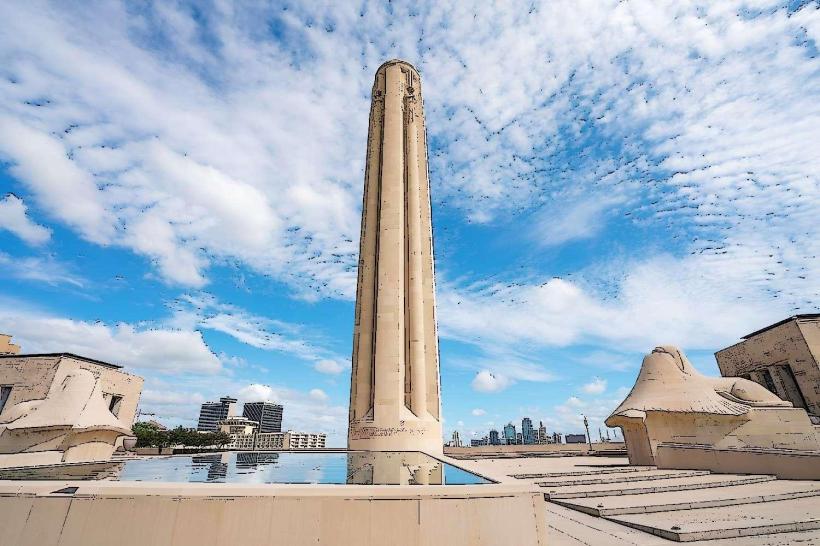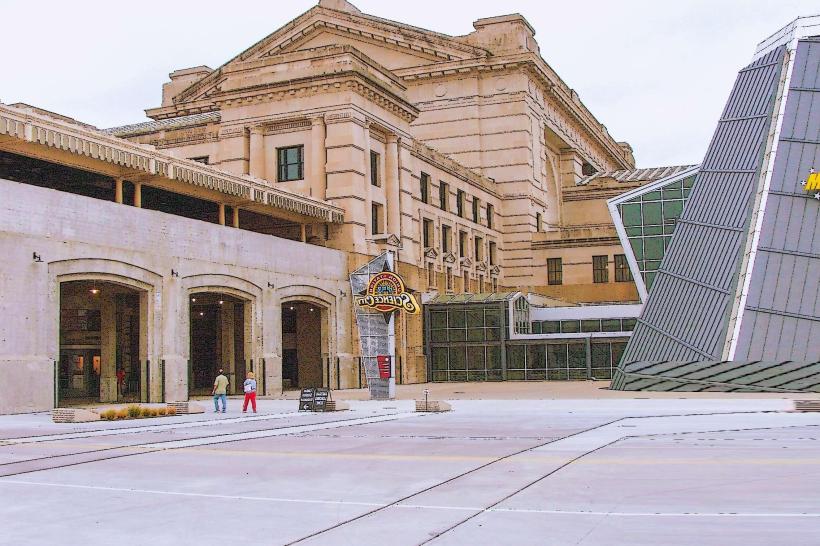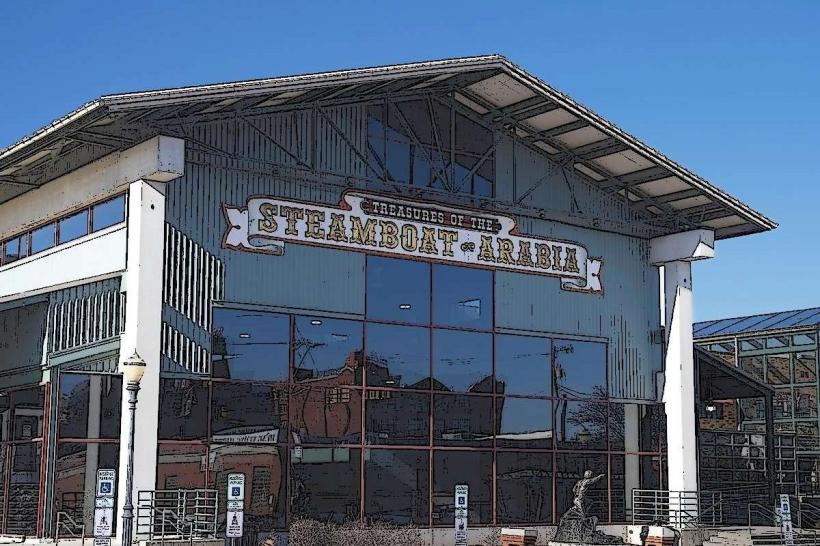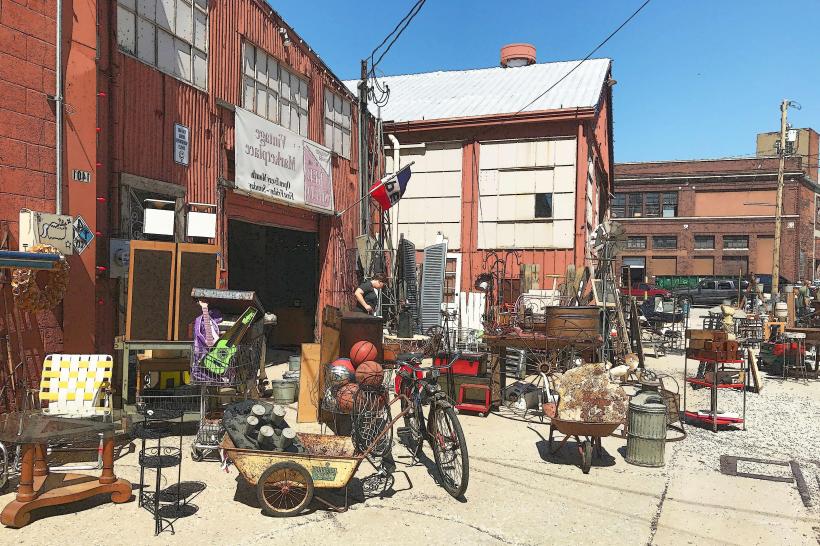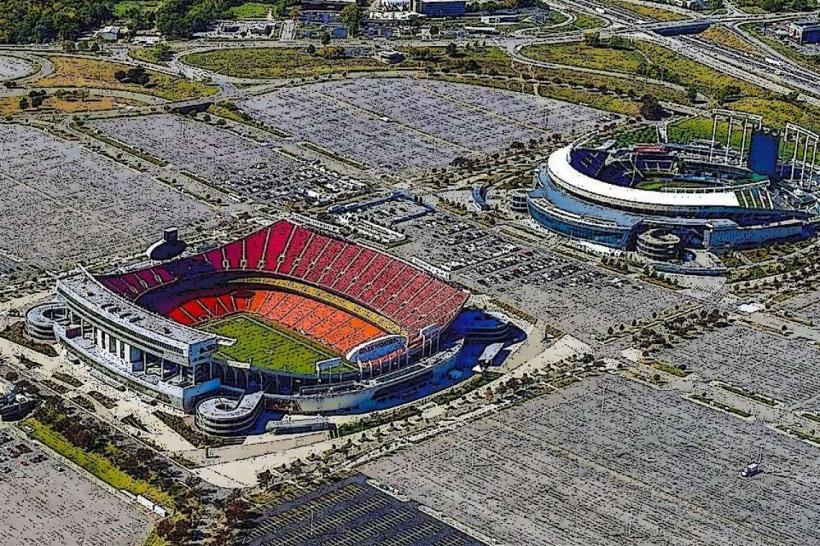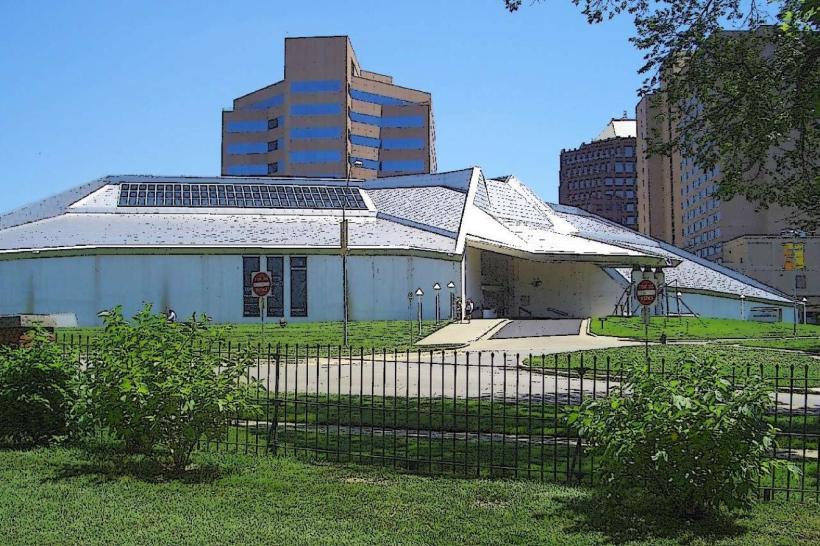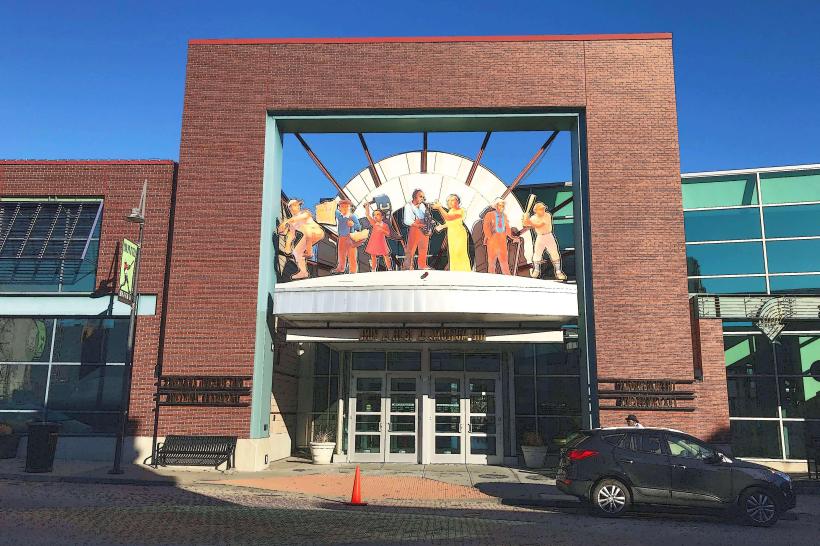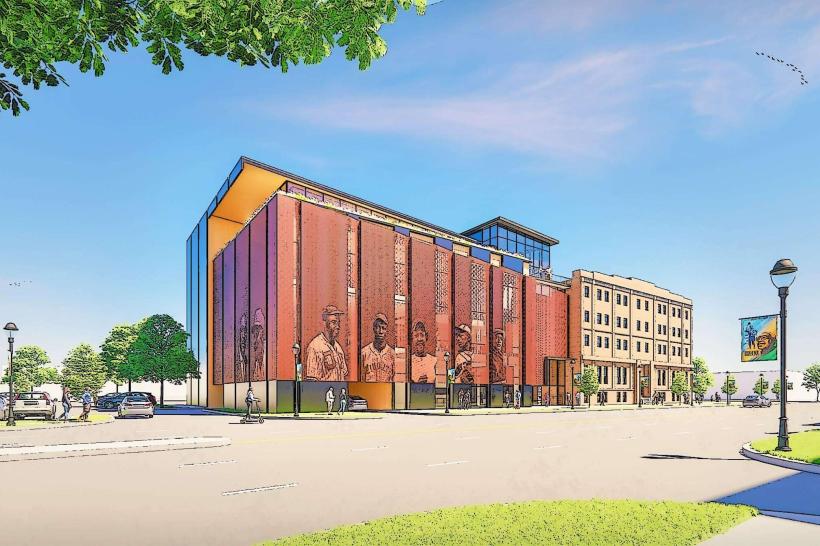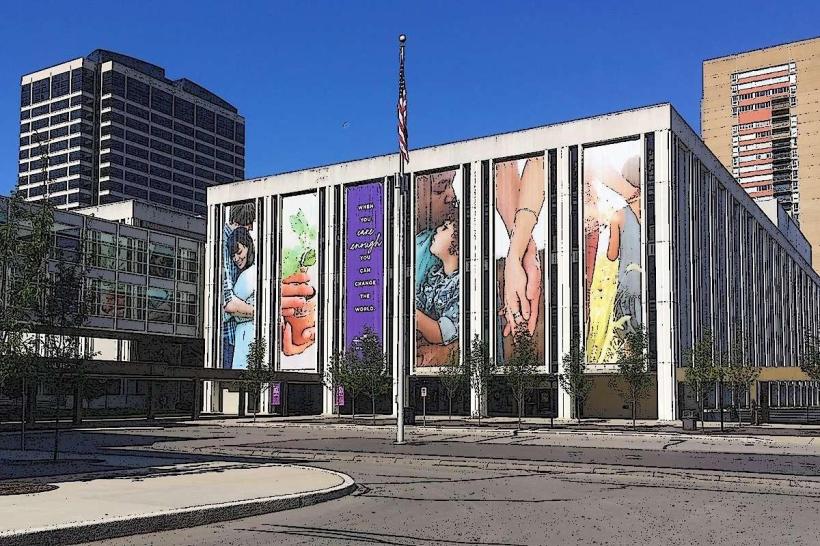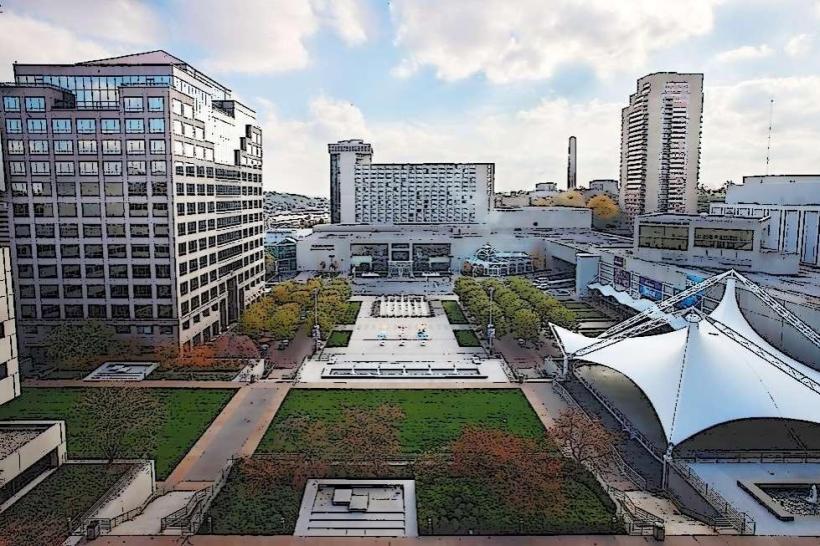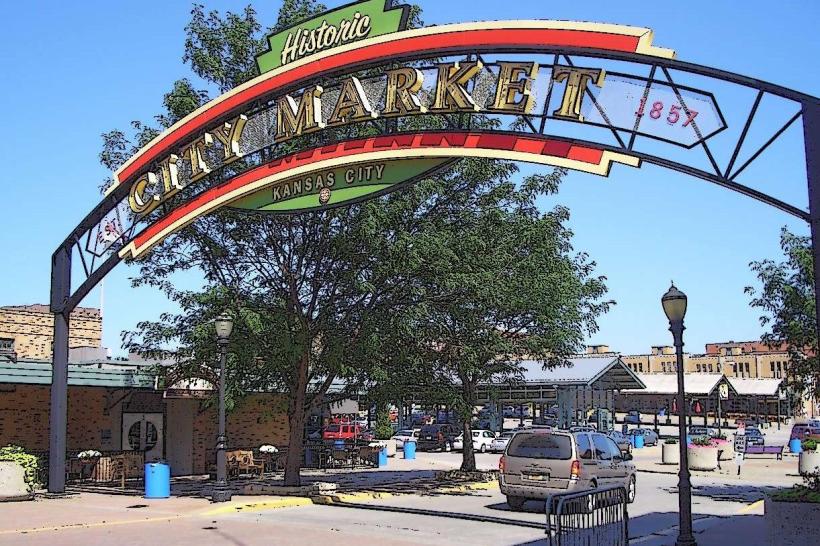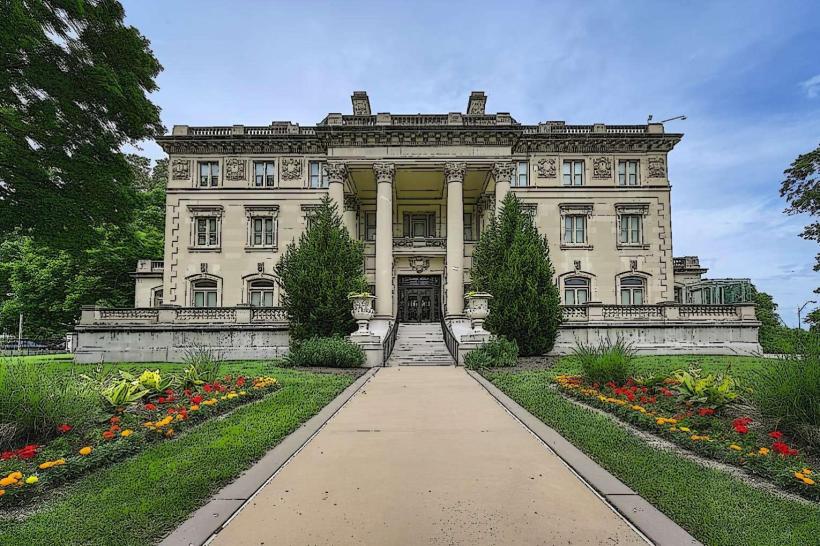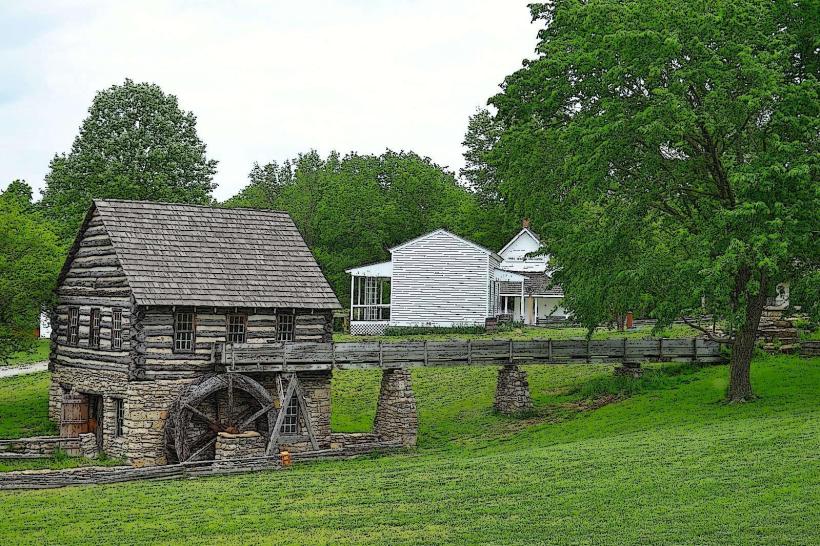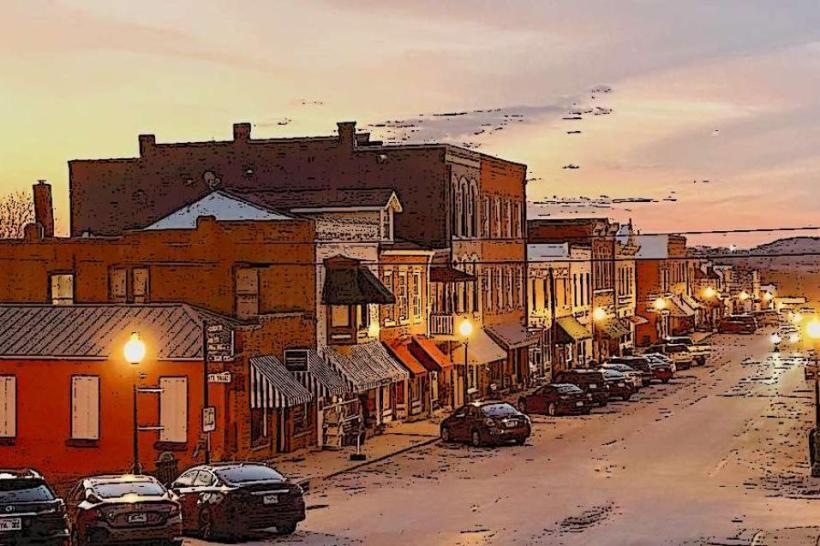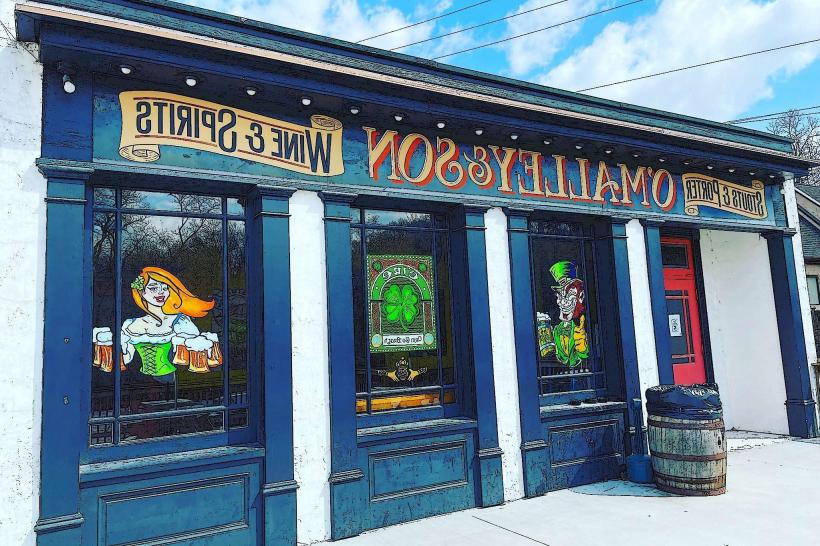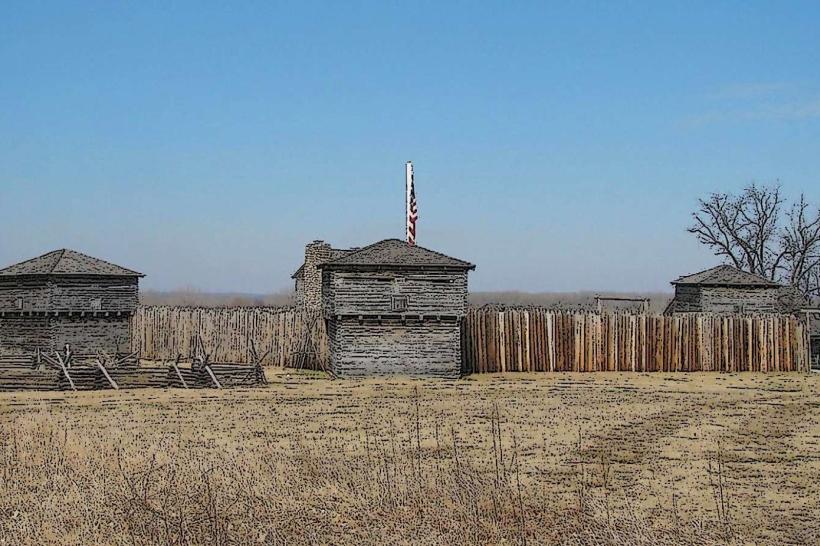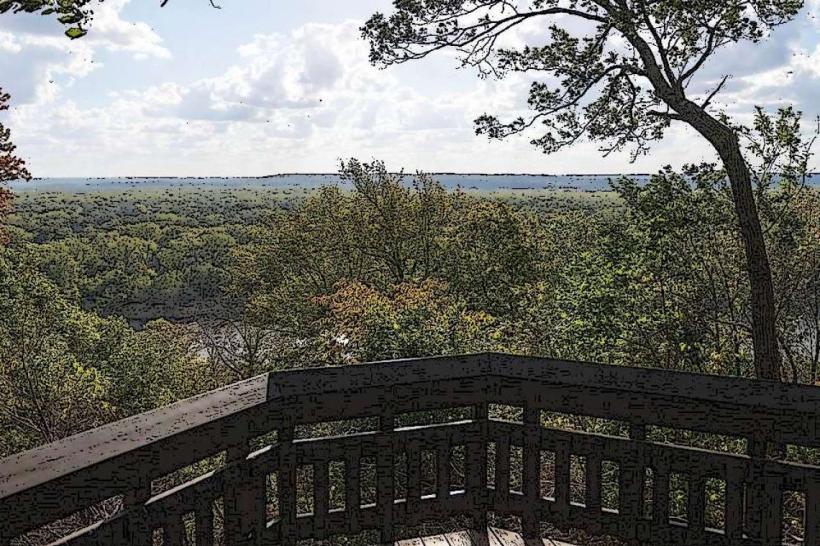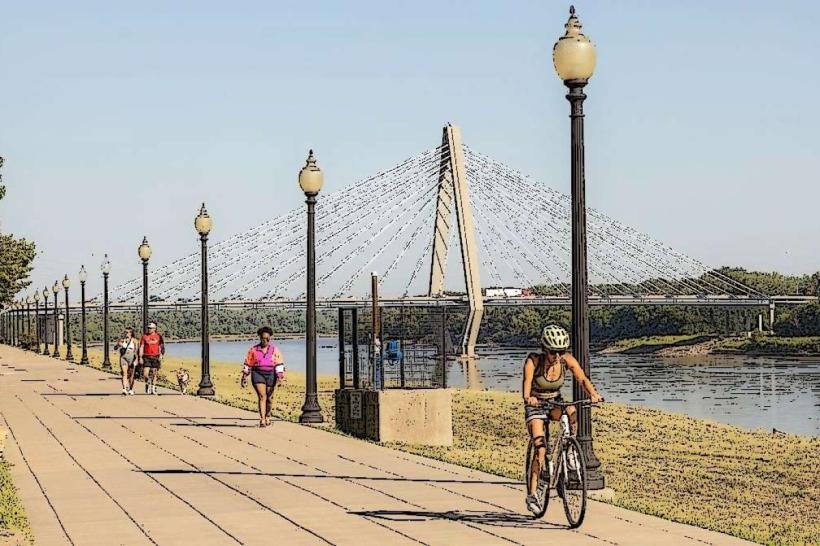Information
Landmark: T-Mobile Center (Sprint Center)City: Kansas City
Country: USA Missouri
Continent: North America
T-Mobile Center (Sprint Center), Kansas City, USA Missouri, North America
The T-Mobile Center, originally known as the Sprint Center until 2020, is a modern, glass-clad, multi-purpose indoor arena that serves as the premier entertainment venue in downtown Kansas City, Missouri. Located on Grand Boulevard, it is the architectural and cultural anchor of the city’s Power & Light District and a major catalyst in Kansas City’s downtown revitalization.
Construction on the arena began in June 2005 and it officially opened to the public on October 10, 2007. The venue was designed by a collaboration of several major architectural firms, including HOK Sport (now Populous), 360 Architecture, Ellerbe Becket, and Rafael Architects, with structural engineering by Walter P Moore. The arena cost approximately $276 million and spans over 640,000 square feet.
What sets the T-Mobile Center apart architecturally is its dramatic curved glass façade, composed of over 2,000 trapezoidal panels, which gives the structure a sleek, crystalline appearance. The building glows at night, reflecting city lights and the activity from surrounding streets, making it a visual landmark in the city. The internal layout is flexible and modern, supporting a wide range of events with adaptable seating and staging options.
The T-Mobile Center does not have a permanent sports tenant, which allows it to maintain a versatile and heavily utilized event calendar. It can seat just over 19,000 people for concerts, nearly 19,000 for basketball games, and over 17,000 for hockey or arena football configurations. This flexibility has made it a popular destination for touring concerts, family shows, sporting events, and special engagements.
Since its inaugural event-a sold-out Elton John concert-the arena has hosted many of the world’s top performers, including Beyoncé, Paul McCartney, Garth Brooks, Taylor Swift, and many others. In sports, it is most notably associated with the Big 12 Men’s Basketball Tournament, which it has hosted almost every year since 2008. The NCAA has selected it for numerous regional basketball tournament games, and it has also hosted events for the UFC, WWE, NHL preseason games, and major figure skating and gymnastics competitions.
One of the central achievements of the T-Mobile Center is its role in revitalizing downtown Kansas City. It is situated within the Power & Light District, a major entertainment and retail development that opened in conjunction with the arena. The synergy between the arena and surrounding development has created a vibrant urban core, drawing millions of visitors and spurring economic growth in hospitality, real estate, and small business sectors.
The interior of the arena includes 72 luxury suites, a variety of premium seating areas, VIP lounges, and modern concessions featuring both national brands and local Kansas City favorites. Technological upgrades have continued since its opening, including high-speed Wi-Fi, digital ticketing, large HD video boards, and T-Mobile-branded services such as priority entrance lines, phone charging stations, and customer-only lounges.
In 2020, after the corporate merger of Sprint and T-Mobile, the arena's name changed to the T-Mobile Center. T-Mobile extended the naming rights agreement, and enhancements under the new branding have included improved connectivity infrastructure and fan engagement experiences tailored for mobile users.
Owned by the City of Kansas City and operated by AEG (Anschutz Entertainment Group), the arena is considered a success story in public-private partnership. Its lack of a full-time sports tenant has proven to be an advantage, allowing for a high volume of diverse programming without scheduling conflicts or taxpayer dependency.
Although there have been discussions about attracting an NBA or NHL team, none have materialized, and the city continues to promote the venue as a concert and event destination rather than a traditional sports arena. Its event schedule is among the busiest in the region, with over 100 events annually and consistently high attendance numbers.
The T-Mobile Center has generated over a billion dollars in economic impact for the city since opening and continues to be a model for how an arena can drive urban regeneration, support cultural vibrancy, and maintain financial viability without relying on a major league franchise. It is not only a venue but a civic centerpiece, showcasing Kansas City’s commitment to design excellence, economic growth, and entertainment leadership.

